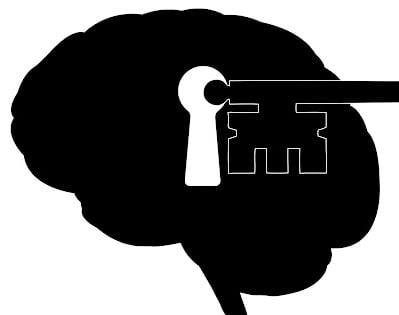TLDR (by a real person!):
Aphasia is the inability to put one’s thoughts into the right words—you know what you want to say, but brain damage (traumatic brain injury, tumors, dementia, etc.) derail conversations. It can be isolating and maddeningly frustrating.
How to talk to someone with aphasia
-
Acknowledge capacity. People with aphasia remain smart, capable—but there’s a short-circuit in expressing thoughts.
-
Partner up. It takes two to talk. With a few strategies, you can ease the way for satifying conversations. Keys: • Speak normally—tone, volume. • Acknowledge stumbling blocks with respect, rather than ignoring them. • Write down (or repeat) key words to keep chat on track. • Draw, or use gestures; point; use more body language. • Use yes/no questions to confirm understanding. • Sum up main points at intervals.
-
Respect the human right to communicate. Written or spoken language is a hardwired need.
-
Ensure accessibility. Make sure speed, loudness, complexity of information (etc.) allow for comprehension, participation.
-
Include people in conversations and events. Don’t leave people out because you assume they might feel uncomfortable. Offer choices and they will tell you.


